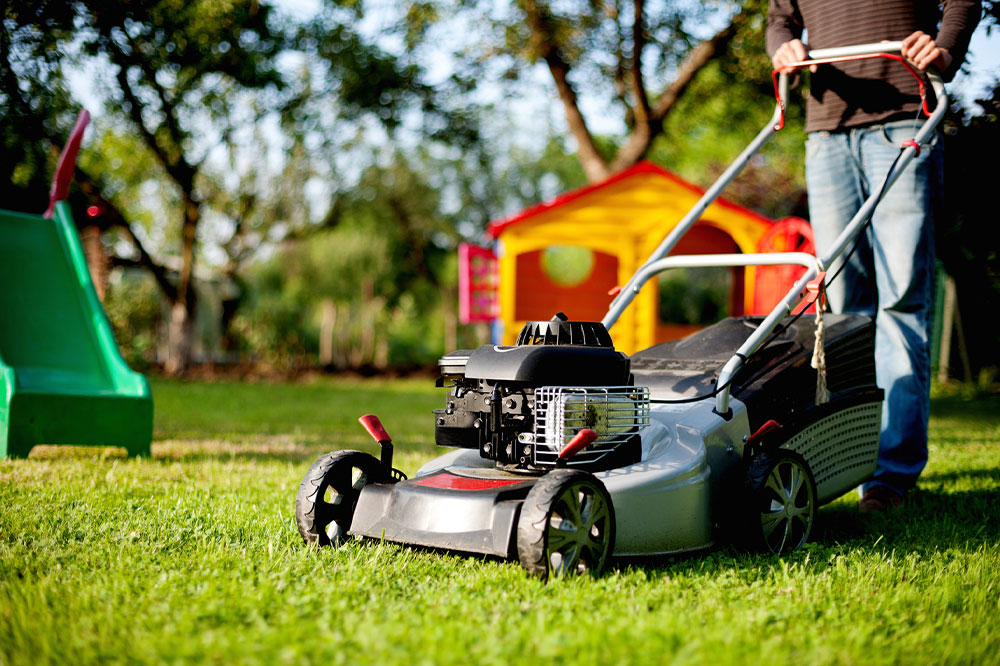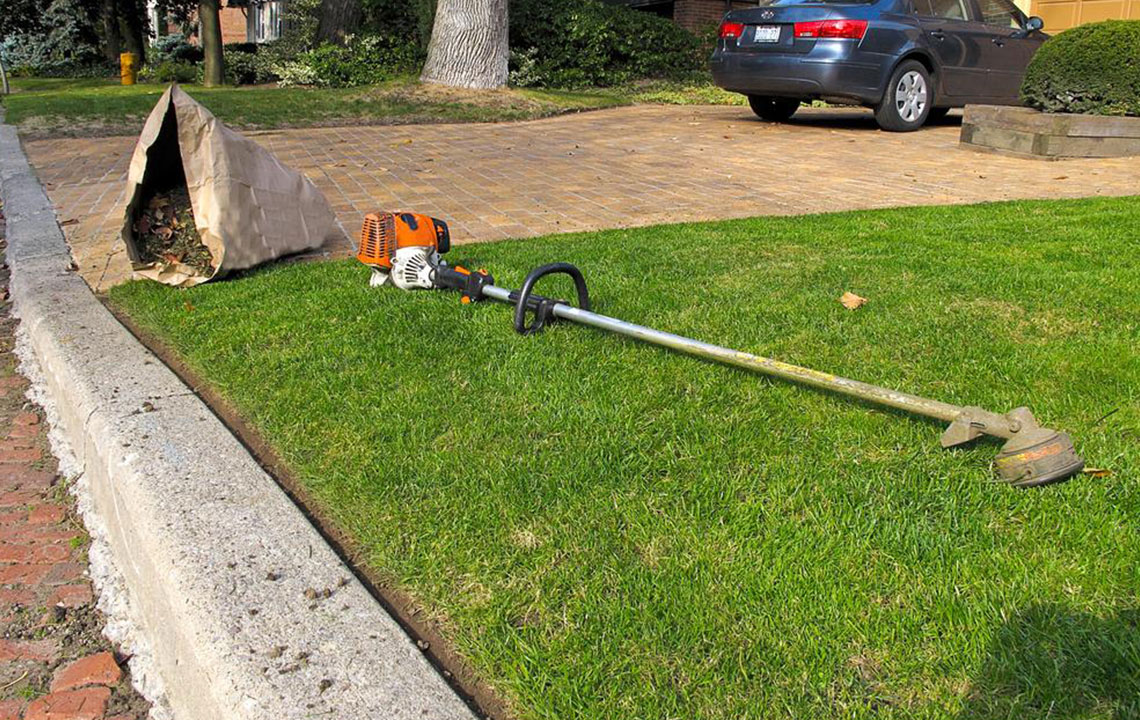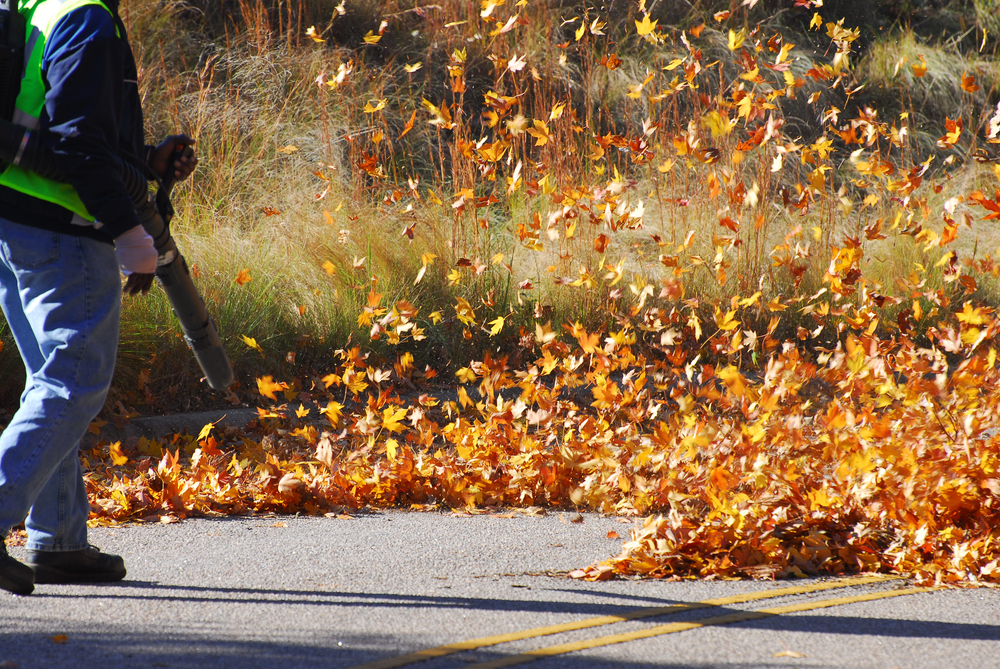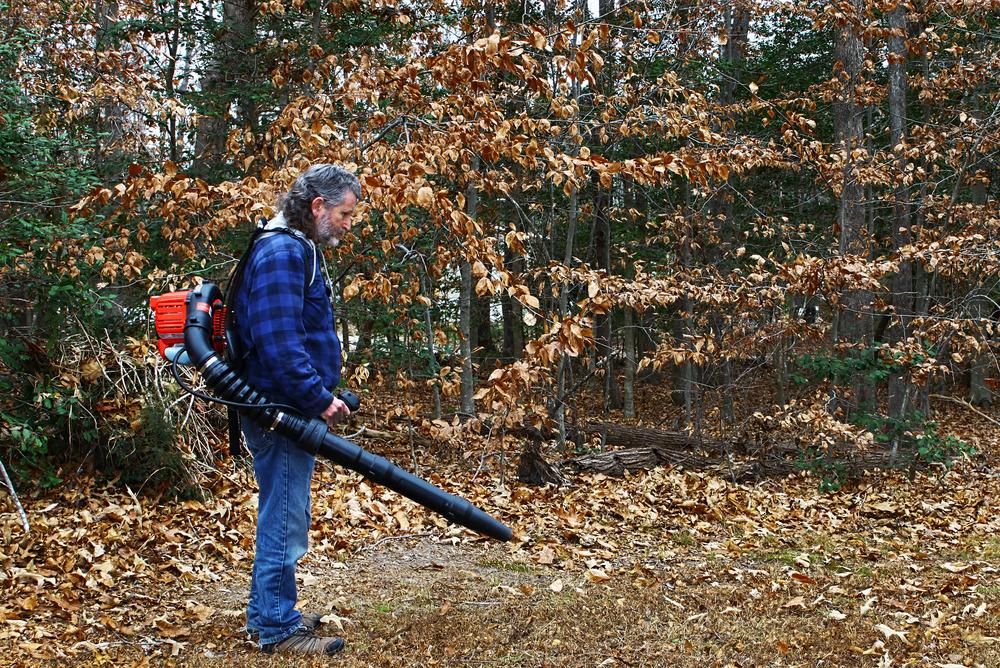Essential Guide to Choosing the Right Gas Leaf Blower
Discover essential tips for selecting the perfect gas leaf blower. From engine types and performance metrics to cost and environmental impact, this guide helps you make an informed decision for efficient yard clean-up. Ideal for large outdoor areas, gas blowers provide powerful performance for demanding landscaping needs with practical handling and durability.
Sponsored
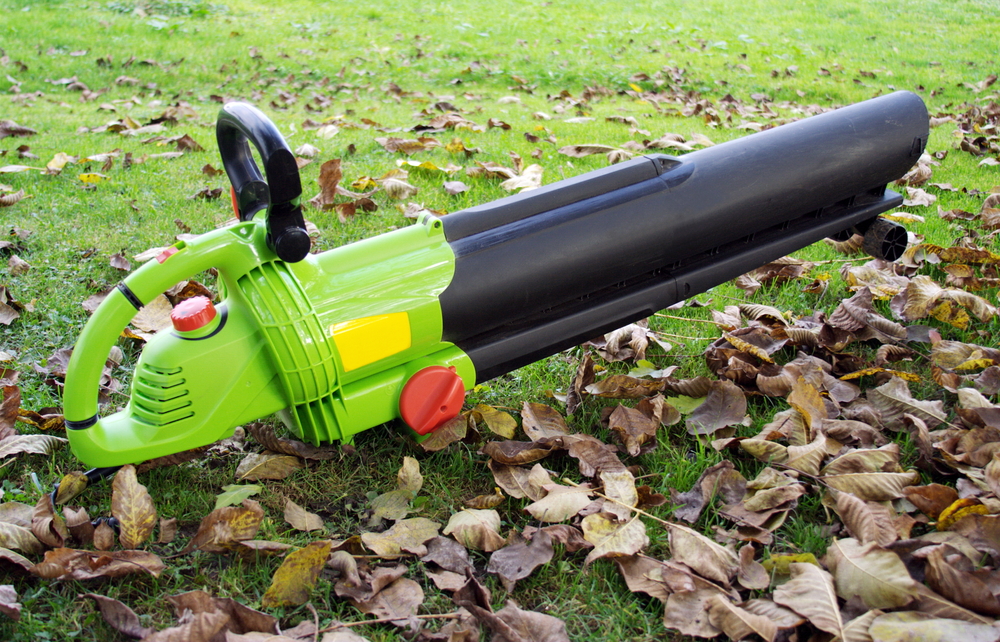
Key Factors When Selecting a Gas Leaf Blower
During autumn, issues like clogged drains, flooded driveways, and messy lawns become common. To keep your outdoor spaces tidy, consider using a powerful gas leaf blower to clear away debris efficiently. With numerous options available—from traditional gas models to advanced electric blowers—it's important to know what features to evaluate before making a purchase.
Investing in the right leaf blower depends on several factors, including your budget, performance needs, and convenience. Here’s a helpful guide to assist you in choosing the ideal gas-powered leaf blower.
Important Considerations Before Purchasing a Gas Leaf Blower
Budget
Determine your spending limit beforehand. Quality and performance often come with a higher price tag, so balance your budget with your expectations.
Air Speed (MPH)
The miles per hour rating indicates how fast air blows from the nozzle. Higher MPH delivers better blowing performance for tough debris.
Air Volume (CFM)
Measured in Cubic Feet Per Minute, this shows the airflow strength. A higher CFM ensures more efficient cleaning of leaves and debris.
Weight and Handling
Manufacturers frequently upgrade these tools to reduce weight, making them easier to handle for extended periods and minimizing back strain.
User Ratings
Before buying, review customer feedback and ratings to gauge the reliability and performance of different models.
Sound Level (Decibels)
The noise output, measured in decibels, reflects the power and operational sound. Lower decibel models are preferable for quieter operation.
Benefits of Gas Leaf Blowers
Despite the rise of compact, electric, and battery-powered blowers, gas models remain popular for larger and more demanding outdoor spaces. If your yard exceeds 0.5 acres or requires frequent heavy-duty work, gas blowers are often more efficient and effective.
Cost considerations include initial purchase price, maintenance, and fuel expenses. Gas blowers emit pollutants due to gasoline combustion, similar to electric equipment that relies on electricity generated from fossil fuels. Electric models may have limitations in reach and power, especially when dealing with wet or stubborn debris.
For extensive yard work, backpack gas blowers offer mobility and reach for tight corners and difficult spots. While cordless electric units are available, they tend to be more costly and may lack the power needed for larger tasks.
Types of Gas Leaf Blowers Available
The 2-Stroke Engine
Lightweight, less noisy, and less expensive, these blowers run on a gasoline-oil mixture. Proper mixing is essential to avoid issues like carburetor clogging.
The 4-Stroke Engine
More advanced, these engines do not require mixing oil and gasoline separately, though they come at a higher cost. They tend to be quieter and easier to maintain.
While gas blowers can be noisy, choosing models with low dBA ratings can minimize disturbance. Remember to operate them considerately during early mornings or late nights, especially near neighbors. Overall, for professional or large-scale yard work, gas leaf blowers offer unmatched power and efficiency, making them a valuable tool for outdoor maintenance.

